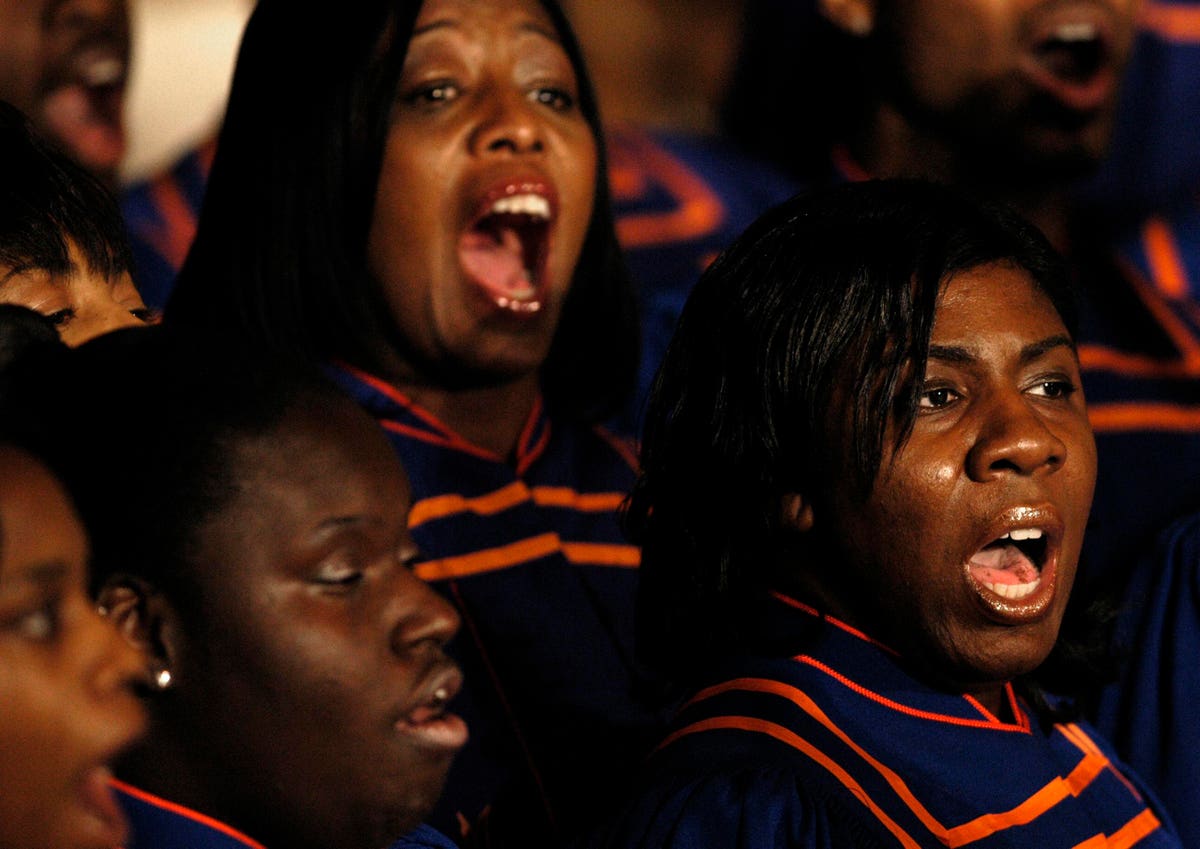A couple weeks ago, I had the opportunity to see the Morgan State University Choir perform with the Philadelphia Symphony at the Mann Center in Philadelphia, PA. As I sat in awe of the vocal abilities and passion demonstrated by the choir, I was reminded of the power of choirs at Historically Black Colleges and Universities (HBCUs), and of the contributions that HBCUs make to classical music and other types — contributions that often goes unnoticed.
Morgan State University’s Choir is representative of the caliber of performers manifested at HBCUs. For example, seven alumni of the choir are performing at the Metropolitan Opera, including tenor Issachah Savage, bass-baritone Kevin Short, soprano Leah Hawkins, baritone Daniel Rich and bass Soloman Howard. And most recently Morgan State alumnus Jasmine Barnes penned a composition that was performed on the main state at Carnegie Hall. David Wilson, president of Morgan State proudly calls the Morgan State University Choir — the “Best Choir in America” and is happy to sing its praises. While I was talking with him for this story, Wilson was accompanying the Choir on a multi-country tour in Africa. He was thrilled for the “motherland” to experience the Morgan State Choir.
HBCU choirs, which began in the 1870s, have a long history. Some of the first HBCUs to form choirs included Fisk University in Nashville, Tennessee and Hampton University in Hampton, Virginia. In addition to performing music that was open to people of all races, these groups — such as the Fisk Jubilee Singers and the Hampton Singers — helped with fundraising and raising the profile of HBCUs across the world. The success of these groups inspired other HBCUs to create choirs, which boast a unique mix of gospel, folk, classical, and jazz.
HBCU choirs have also been “essential training grounds for Black musicians in genres ranging from classical to jazz and R&B.” According to the Smithsonian’s National Museum of African American History & Culture, “Some of these artists have become world-famous. Many others have occupied important roles in their communities, serving as music educators and providing music for church services and community functions.” Examples include tenor Roland Hayes (Fisk University), singer and song writer Una Mae Carlisle (Wilberforce University), and jazz pianist Hardin Armstrong (Fisk University).
As the nation becomes more familiar with HBCUs and their extensive contributions in science, medicine, art, and literature, HBCU musical programs should not be overlooked.
Read the full article here





